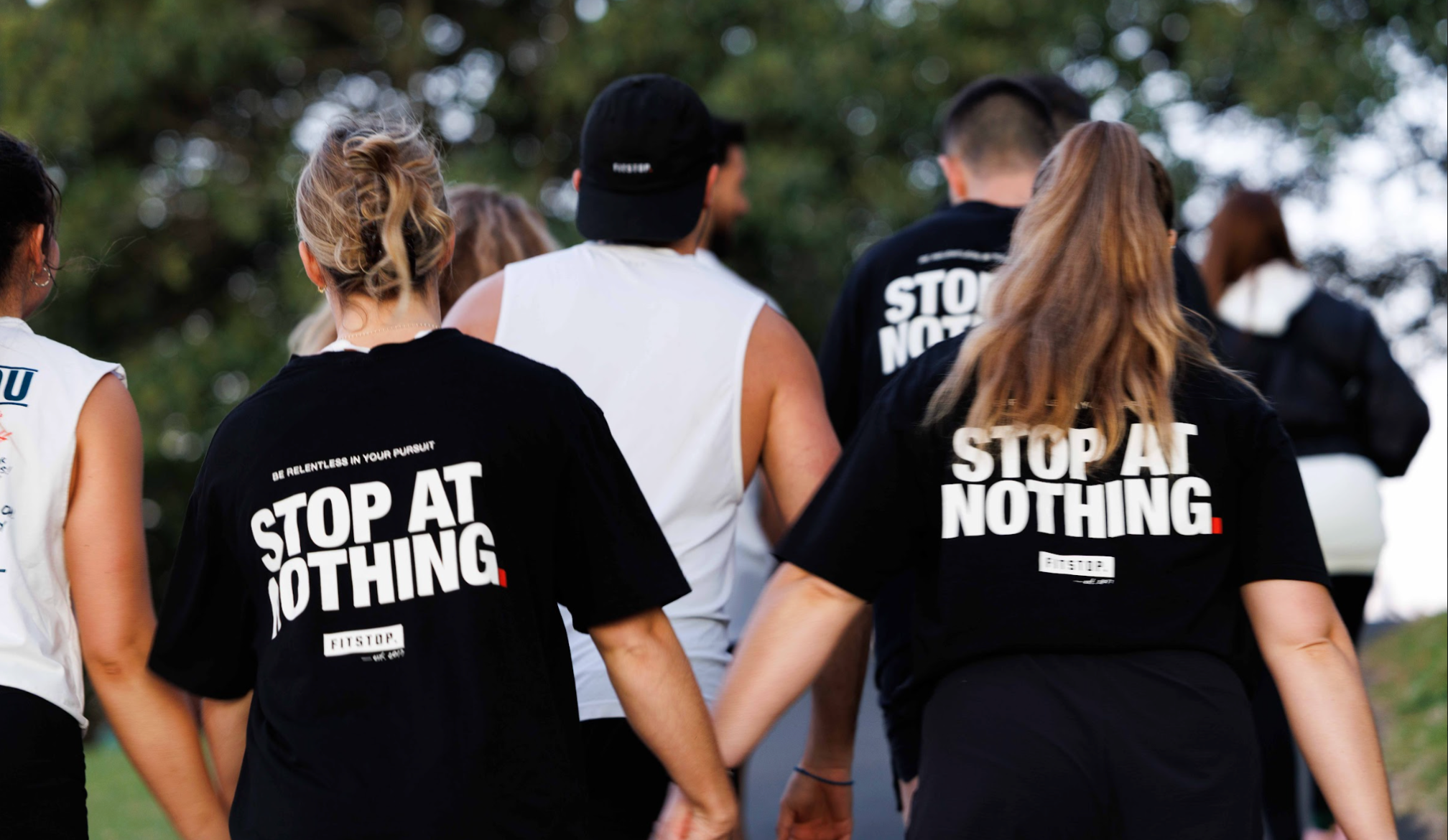Echoes of the Past: Sue Carter Brings Ancient Worlds to Life at Birli Gallery
- Written by The Times

Launching November 15 at 6pm at Birli Gallery, Midland, Echoes of the Past marks the highly anticipated solo exhibition of artist and archaeologist Sue Carter, whose meticulous stippled drawings resurrect artefacts and forgotten cultures from as far back as 3000 BC. Running for three weeks, the exhibition offers visitors a rare opportunity to experience art that bridges scientific precision with deep emotional resonance.
Carter’s works are intricate studies of archaeological artefacts, each rendered with extraordinary care using German made Rotring pens and archival ink. Her approach, grounded in decades of archaeological research, captures not just the visual likeness of ancient objects but also their spirit and humanity. “The devil is in the detail,” Carter explains. “I attempt to be as accurate and close to the original artefacts as I can be. I put as much of myself and what I know about the artefact into its creation.”
Having grown up in England “surrounded by history and archaeology,” Carter’s path to creative practice was both inevitable and hard-won. “I was always told off for drawing horses at school,” she recalls with a smile. “Back then, archaeology wasn’t considered a career for a girl, so I set it aside, even though I loved history and the past.” Years later, while creating illustrations for her book Hijacked Archaeology: Arthurian Fact or Fiction? Carter rediscovered her artistic voice. When she couldn’t find suitable, copyright-free images, she drew them herself, and in doing so, reignited a lifelong passion.
Her works invite viewers to slow down and observe the world through an archaeologist’s eyes: methodical, patient, and deeply curious. Each stippled drawing is the result of hours, often weeks and months of research and rendering. Carter’s practice focuses on one detail at a time: an eye, a headpiece, a fragment of pattern. The artefact slowly “comes to life,” she says, through a combination of historical accuracy and imaginative empathy.
“What fascinates me is human history and emotion, the idea that we are all connected through time and space,” Carter notes. “I hope those who see my art will explore more about the artefacts, the culture they came from, and their country of origin. Every object tells a story.”
Her recent inclusion in Holmes à Court Gallery in West Perth has already earned her recognition among collectors and historians alike. Now, Echoes of the Past represents her debut solo exhibition, a milestone that promises to captivate audiences both aesthetically and intellectually.
Curator Brooke-Anne Farrell describes the collection as “a rich and compelling body of work that seamlessly weaves together historical insight and visual beauty.” She adds, “Sue’s pieces are both scientifically grounded and visually stunning, each one invites you to travel through time. We are honoured to host her debut solo exhibition and welcome her to the Birli Gallery family.”
With works that balance scholarship and artistry, Sue Carter offers a refreshing reminder that the past is never truly gone, it simply waits to be rediscovered. Through Echoes of the Past, she invites us to listen to the whispers of ancient worlds and, perhaps, to see our own humanity reflected in their echoes.
Birli Gallery is located at 52 Helena St, Midland.
Opening hours are Mon-Fri, 10-2pm. Closed Wednesdays.
Saturdays and Sundays by appointment only.
Contact the gallery to RSVP for launch night or via Eventbrite.
https://www.eventbrite.com/e/1893915796129?aff=oddtdtcreator 























